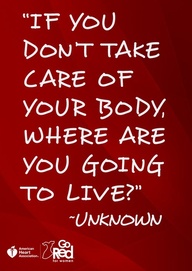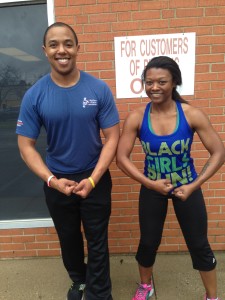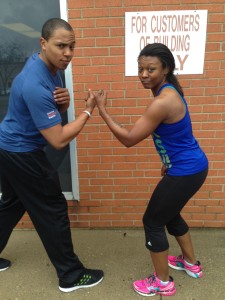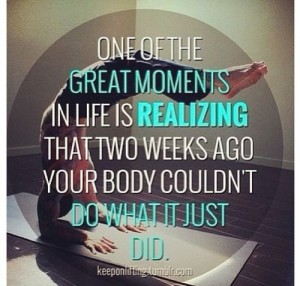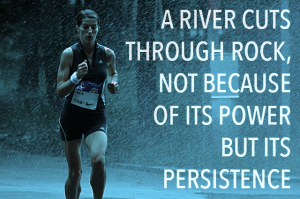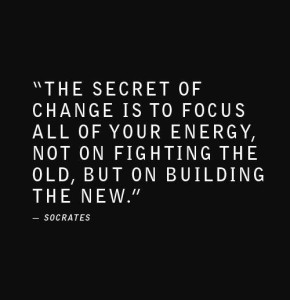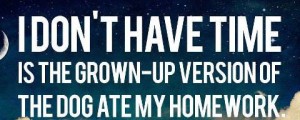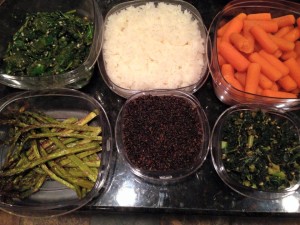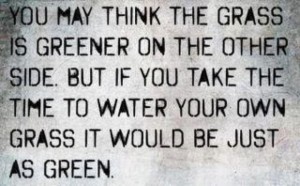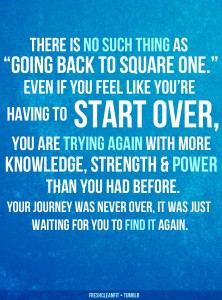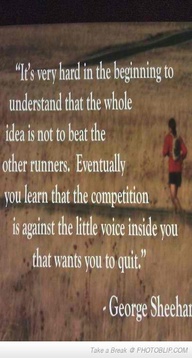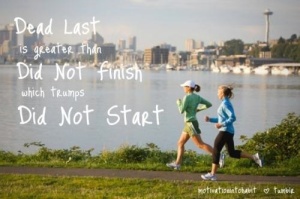In the three weeks since my last self-care post, I have managed to get in at least 3 workouts per week while finishing a demanding teaching semester, participating in fruitful intellectual conversations (BPT2015), and revising and submitting an article. These past few weeks have underscored for me that being proactive about self-care is simply the only way to do it. When you understand that you are loving yourself by being physically active and eating well, you can move away from the idea of being “good” or “bad” to thinking about whether or not you are being loving toward yourself. This shift is important because it allows us to know that when we do not stay active or eat well, that’s not a reason to be mean to ourselves for being “undisciplined;” it’s an opportunity to notice that we aren’t loving ourselves actively. And if that’s the case, then the response can’t be more unloving thoughts and actions. The reaction must be, “how can I be more loving to myself?”
In a recent session with my personal trainer (Justin), I did something I typically do only when exercising alone: I said aloud “Thank you, Lord.” Justin asked, “What are you thanking God for?” I responded, “I’m thanking God that I can move my arm like this. I’m grateful I can move. Life is a gift, and I’m being reminded everyday that Black life is a miracle in a society that works so tirelessly to destroy it.” We easily moved to another subject.
 If you’ve spoken to me in person, you know where I’m headed, but it can’t be said enough because I must remind myself as much as anyone else. When you are in an environment that constantly assures you that you are not valued and certainly not loved (and, make no mistake, the USA is such an environment), then valuing and loving yourself is an act of resistance. But, especially when society’s default is your destruction, the last thing you can afford is to allow your self-care to become a reaction. It MUST be a way for you to proactively affirm your worth as well as the value of the people who care about you. That is, I value my family, friends, and community enough to take care of myself. Giving until I’m spent doesn’t serve them or me.
If you’ve spoken to me in person, you know where I’m headed, but it can’t be said enough because I must remind myself as much as anyone else. When you are in an environment that constantly assures you that you are not valued and certainly not loved (and, make no mistake, the USA is such an environment), then valuing and loving yourself is an act of resistance. But, especially when society’s default is your destruction, the last thing you can afford is to allow your self-care to become a reaction. It MUST be a way for you to proactively affirm your worth as well as the value of the people who care about you. That is, I value my family, friends, and community enough to take care of myself. Giving until I’m spent doesn’t serve them or me.
The essay I finished will be the (unusually long) foreword to a special issue of the College Language Association Journal, titled Hands Up. Don’t Shoot: Critical and Creative Responses to Violence toward Black Bodies in the 21st Century. I wrote the essay as a manifesto on what I believe to be the only valid way to study (or simply talk about) violence. In short, those committed to justice must understand that violence is always a form of know-your-place aggression, and we must work to re-orient national conversations to acknowledge that fact. While making this case, I emphasize the importance of embodied practices of belonging. As Living with Lynching makes clear, such practices enabled communities under siege to endure the height of mob violence—and its photographic representation—still believing in their right to full citizenship. Those practices include cooking, hugging, debating, or even the dramatic readings of the plays themselves.
What I’m trying to practice, and I hope you’ll join me, is this: WHOEVER YOU ARE, becoming/staying physically active and eating well are embodied practices of belonging that affirm your right to life, despite the many messages that deny your value. We cannot wait to feel the weight of those life-destroying messages and react; we must be proactive in valuing and loving ourselves.



